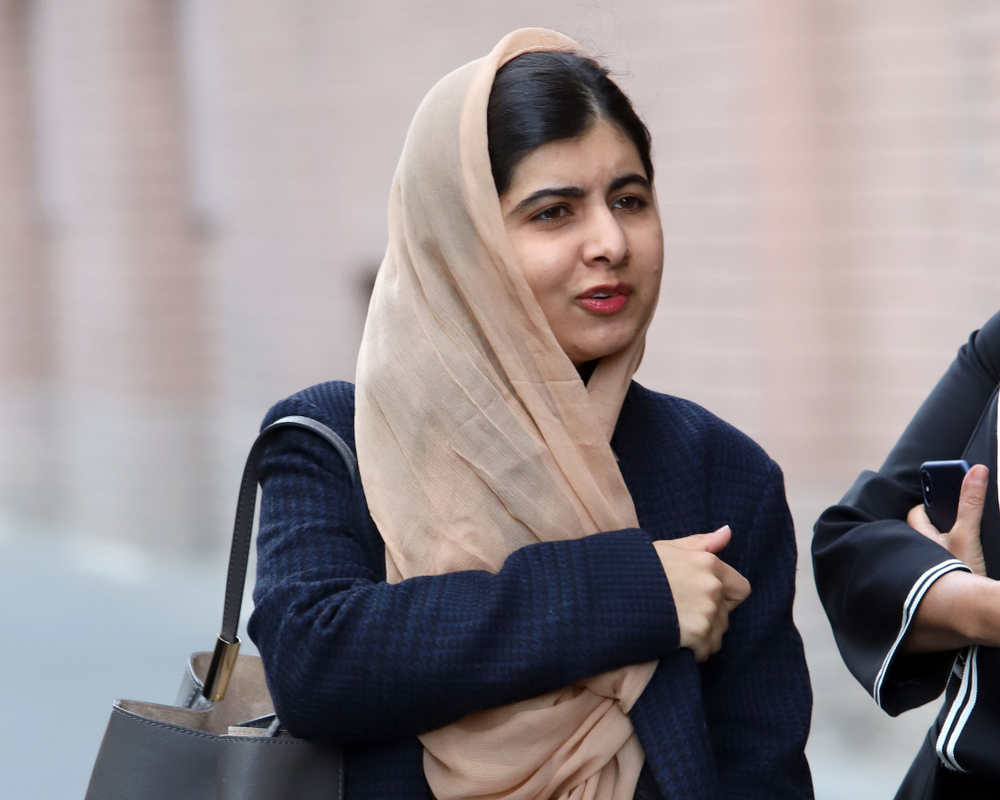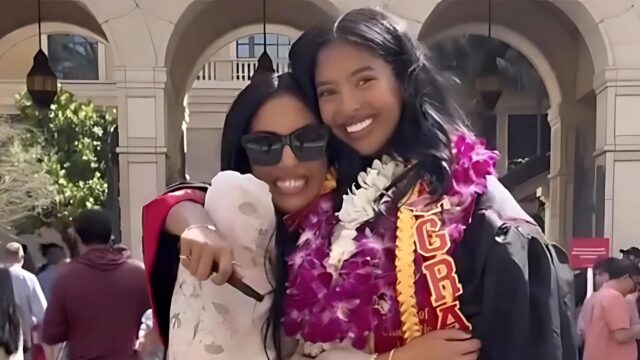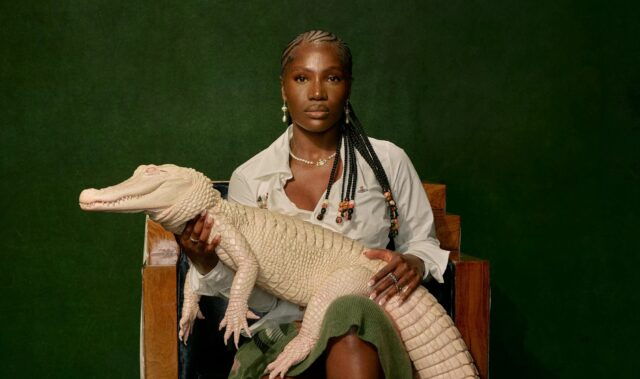Malala’s Virtual Oxford University Graduation ‘Felt Like Such a Loss’

The last term of Malala’s four-year college journey at Oxford University was far less climatic than she deserved.
The last time, Nobel Prize-winning Pakistani girls’ education advocate, Malala Yousafzai attended Oxford University was back in March. She packed lightly for what she thought would be a three-week Easter break from campus life. Malala tells Vanity Fair the dismal realities of taking classes by Zoom, final exams in her bedroom, and backyard graduation. “Like other 2020 graduates, this was not the ending I imagined,” she affirms.
View this post on Instagram
I collected all my belongings from my college @lmhoxford today 😢 I will miss you forever Ox ❤️
The COVID-19 pandemic robbed many college students of their last hoorahs. The young activist Malala was unfortunately not spared from the collective number who were not allowed to embrace campus pleasures for one last time. “I returned to Oxford for only two hours, to collect my remaining belongings and move out for the last time,” she says. “The bushes and lawn were overgrown. The food-delivery drivers had vanished. Everywhere on campus was quiet.”
The pain of the unfortunate circumstances that the pandemic as dealt her are felt through her poetic detailing of freshman college beginnings. “At the start of the academic year, I told myself I would walk every street in Oxford, take pictures of every beautiful garden, drink tea in every café, and eat in every dining hall on campus, especially the Harry Potter one at Christ Church,” she muses.
“This was my last chance to see, hear, touch, and taste it all—and I missed it.” You cannot help but feel her heavy-heartedness in her last four words. “This felt like such a loss because education is so much more than a reading list or a syllabus. For many of us, college is our first real experience with independence. We set our own schedules—even small decisions like what to eat or how to spend a Sunday are thrilling.”
View this post on Instagram
Malala won the Nobel Peace Prize at the age of just 17. “In many ways, we are more prepared for the current crisis because we’ve had a lot of practice fighting for change,” she explains. In 2013 she was almost killed by Taliban gunmen for promoting girls’ right to an education: “I was 11 years old when I started advocating for girls’ education in Pakistan—and 15 when the Taliban tried to kill me for speaking out.”
It was not only the independent college life on campus that Malala was robbed of. She did not even get to hug her classmates farewell. “I did not get to say goodbye to my friends at Oxford. My classmates have gone home to 140 countries around the world,” she remarks.
Still four more exams to go 😩, but thank you 🙏 https://t.co/LlANUQeRPi
— Malala (@Malala) June 8, 2020
She continues with strong notes on hope. “But I know I will see them and the global class of 2020 again. I will see them advocating for voting rights and strengthening our democracies. I’ll see them protecting our planet. I’ll see them fighting racism and injustice. And they’ll see me, every day for the rest of my life, working for education, equality, and women’s rights.”
Though faced with adversity, she is not one to succumb to discouragement. “I’m often asked to give advice to children and I tell them, ‘You don’t have to wait to be an adult to be a leader,'” she coos. “Young people are leading, but our world has too many problems for one generation to solve. So today my advice is for our elders: It’s not too late for you to change.”
A message for my generation (and yours) in @VanityFair https://t.co/hogrIjPLQb
— Malala (@Malala) August 10, 2020
You can reminisce on college campus memories and find comfort in relating to scholastic global change by reading Malala Yousafzai’s entire first-person narrative for Vanity Fair here.

Writer | Tweet me @juliaroulhac




